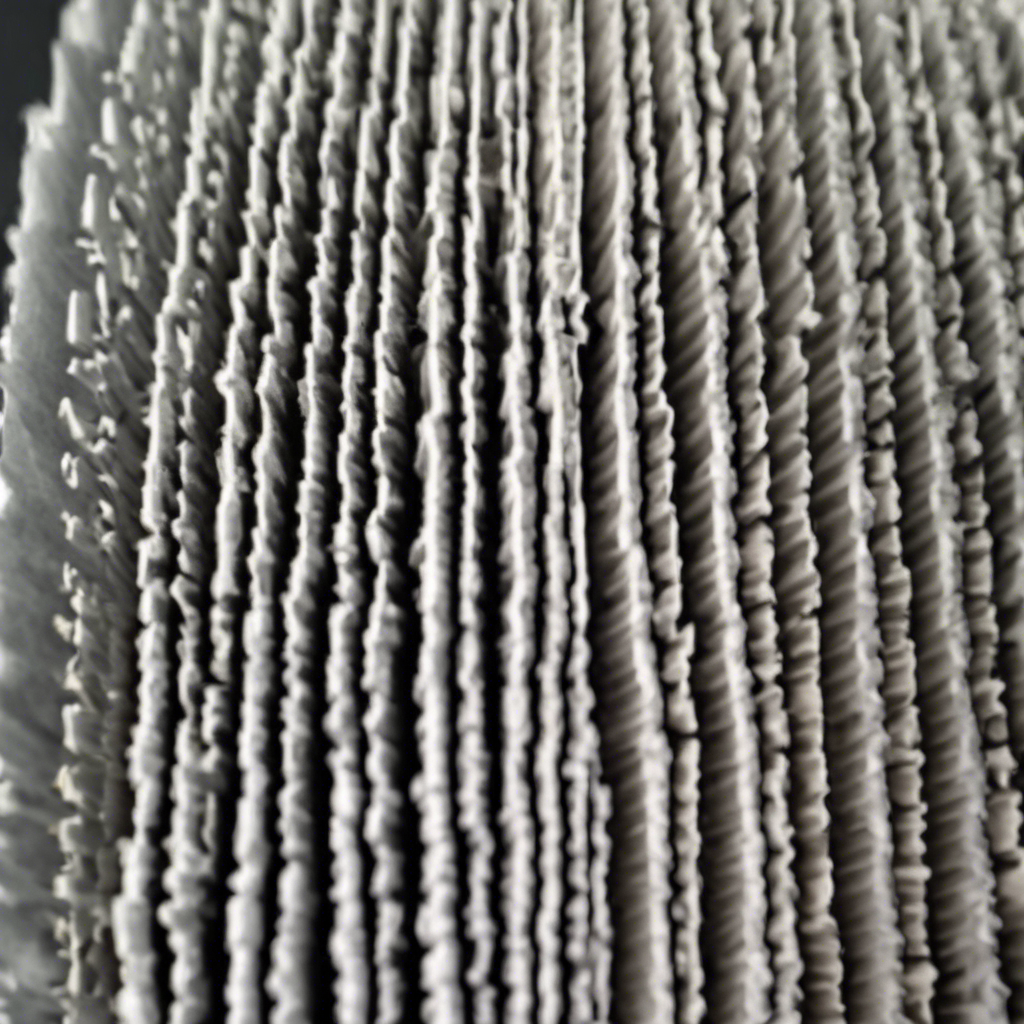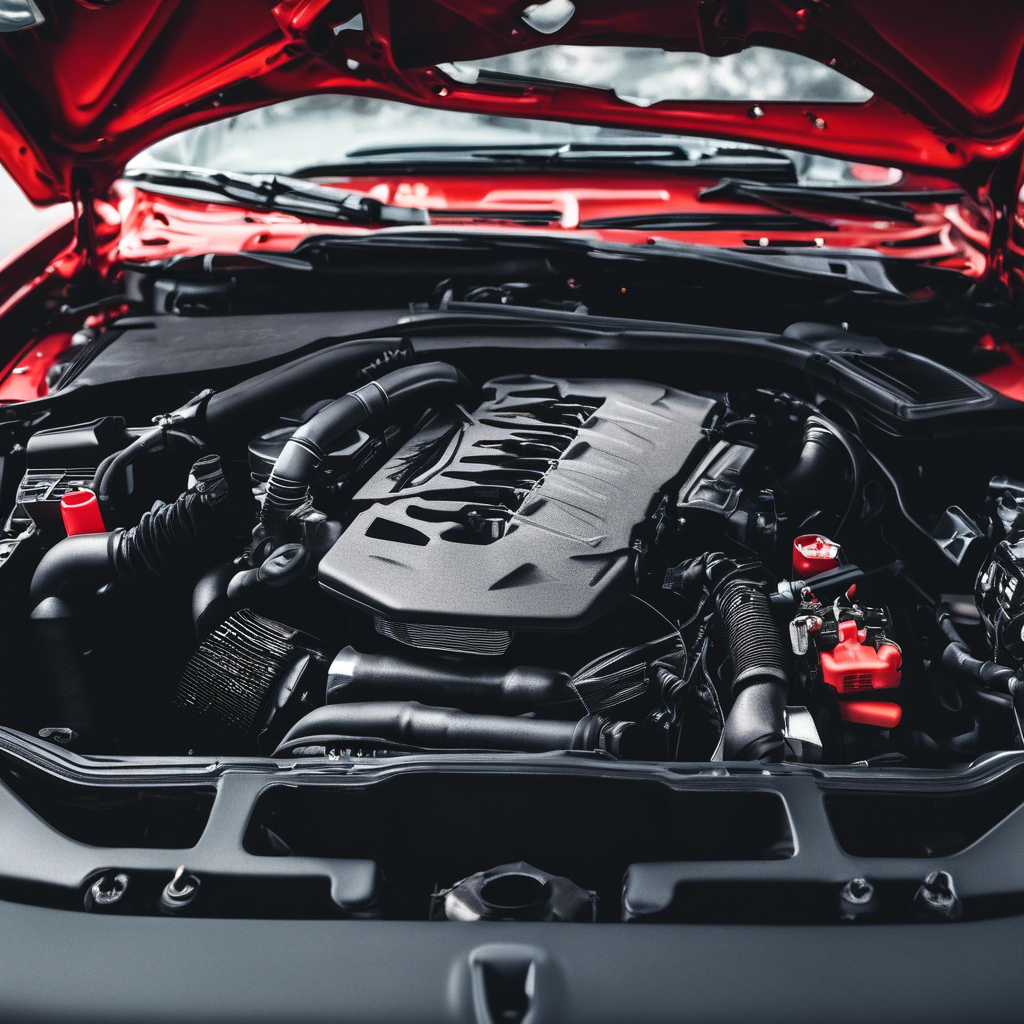If you’re looking for an alternative to a car air filter, there are a few options you might consider. While these alternatives may not be as effective as a traditional air filter, they can still help improve the air quality in your car and reduce some of the pollutants that can be harmful to your health.

1. Activated charcoal bags: Activated charcoal is a highly porous substance that is known for its ability to absorb odors, chemicals, and moisture. Many people use activated charcoal bags or sachets to freshen the air in their homes, and these can also be used in cars. Simply place a few bags of activated charcoal in your car, and they will help absorb harmful pollutants and odors. However, keep in mind that activated charcoal bags are not specifically designed to filter out small particles like pollen or dust, so they may not be as effective as a traditional air filter.

2. HEPA filter attachments: HEPA filters are widely used in air purifiers and vacuum cleaners to filter out tiny particles, such as pollen, pet dander, and dust mites. Some companies produce HEPA filter attachments that can be used in cars to improve air quality. These attachments can be installed in the cabin air intake, and they help filter out pollutants before they enter the car’s ventilation system. While HEPA filter attachments are more effective than activated charcoal bags, they may not fit all car models, so check compatibility before purchasing.

3. DIY air filter: If you’re feeling handy, you can try making a DIY air filter for your car. You will need a box fan, a high-efficiency furnace filter, and some tape. Simply attach the filter to the back of the box fan using tape, turn the fan on, and place it in your car. The fan will draw air through the filter, trapping particles and pollutants. While this DIY air filter may not provide the same level of filtration as a traditional car air filter, it can still help improve air quality.
4. Regular cleanings: One of the easiest and most effective ways to improve air quality in your car is to keep it clean. Regularly vacuuming the interior and wiping down surfaces can help remove dust, pollen, and other contaminants. It’s also important to change your cabin air filter according to your vehicle manufacturer’s recommended schedule. This ensures that your car’s ventilation system is working efficiently and filtering out pollutants.
5. Open windows and sunroof: If the air quality outside is good, you can improve the ventilation in your car by opening the windows and sunroof. This can help fresh air circulate, reducing the concentration of pollutants inside the car. However, keep in mind that opening windows and sunroof while driving at high speeds can increase drag and reduce fuel efficiency.
Remember that while these alternative methods can help improve air quality in your car, they are not replacements for a traditional air filter. A car’s air filter is designed to capture smaller particles, such as pollen and dust, and prevent them from entering the cabin. If you have severe allergies or respiratory conditions, it’s best to stick with a traditional air filter or consult a professional.

